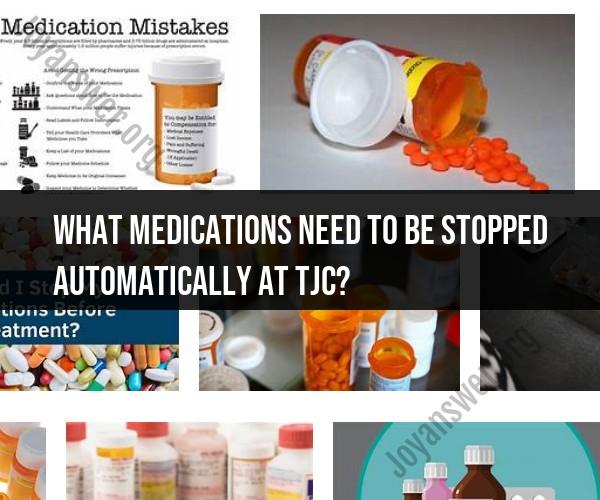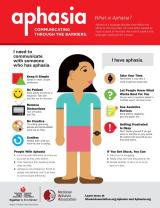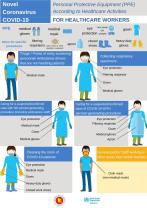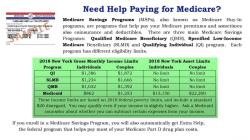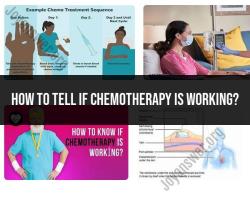What medications need to be stopped automatically at TJC?
The Joint Commission (TJC) provides guidelines and standards for healthcare organizations to ensure patient safety and quality of care. TJC doesn't specify a list of medications that need to be automatically discontinued. Instead, they focus on medication management processes to prevent medication errors and adverse drug events.
Here are some general principles and guidelines related to medication discontinuation and management within a healthcare organization:
Medication Reconciliation: Healthcare organizations are required to have a medication reconciliation process in place. This involves comparing a patient's current medications with any new medications that are ordered. Discrepancies or potential issues should be addressed.
High-Alert Medications: While TJC doesn't mandate automatic discontinuation of specific medications, they emphasize the safe use of high-alert medications. High-alert medications are those that carry a higher risk of causing significant harm if used incorrectly. Examples include certain chemotherapy drugs, anticoagulants, and opioids. Healthcare organizations are expected to have protocols for the safe administration and monitoring of these medications.
Medication Management Policies: TJC expects healthcare organizations to establish and implement policies and procedures related to medication management. This includes proper storage, administration, documentation, and disposal of medications.
Barcoding and Technology: The use of technology, such as barcode scanning, can help ensure the right medication is given to the right patient at the right time. TJC encourages the adoption of technology to reduce medication errors.
Education and Training: TJC emphasizes the importance of ongoing education and training for healthcare staff involved in medication management. This includes training on safe medication administration practices and recognizing potential adverse drug events.
Patient Education: Healthcare organizations are encouraged to provide medication education to patients and their families. Patients should understand what medications they are taking, why they are taking them, and any potential side effects or interactions.
Adverse Event Reporting: TJC requires healthcare organizations to have mechanisms in place for reporting and analyzing adverse drug events. Learning from these events can lead to process improvements.
It's essential for healthcare organizations to follow these guidelines and tailor their medication management processes to their specific patient populations and settings. While there isn't a specific list of medications to automatically discontinue, the focus is on safe and effective medication use and management. Always consult with a healthcare provider or pharmacist for specific medication-related questions or concerns.
